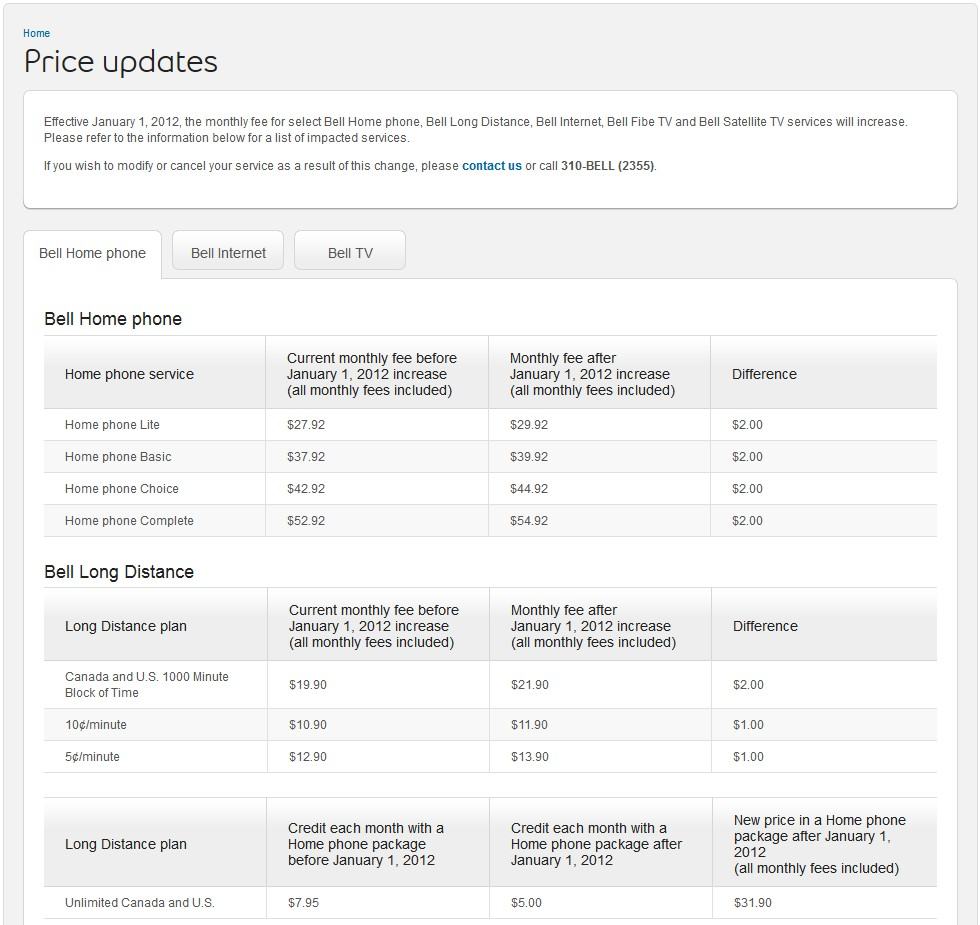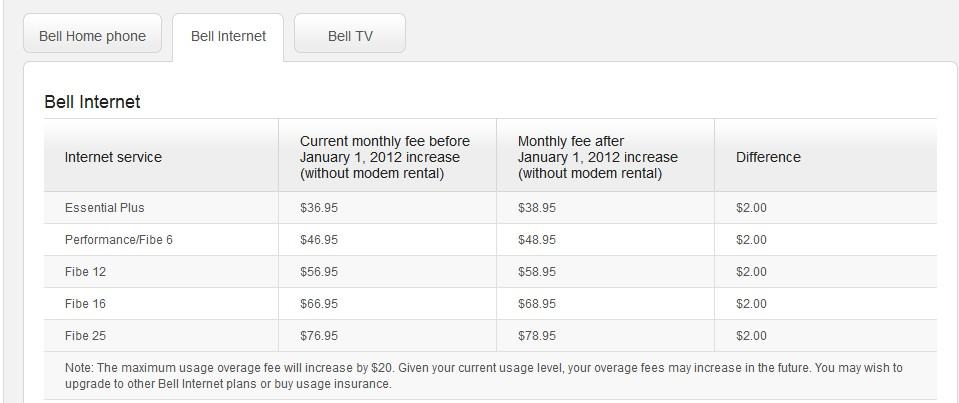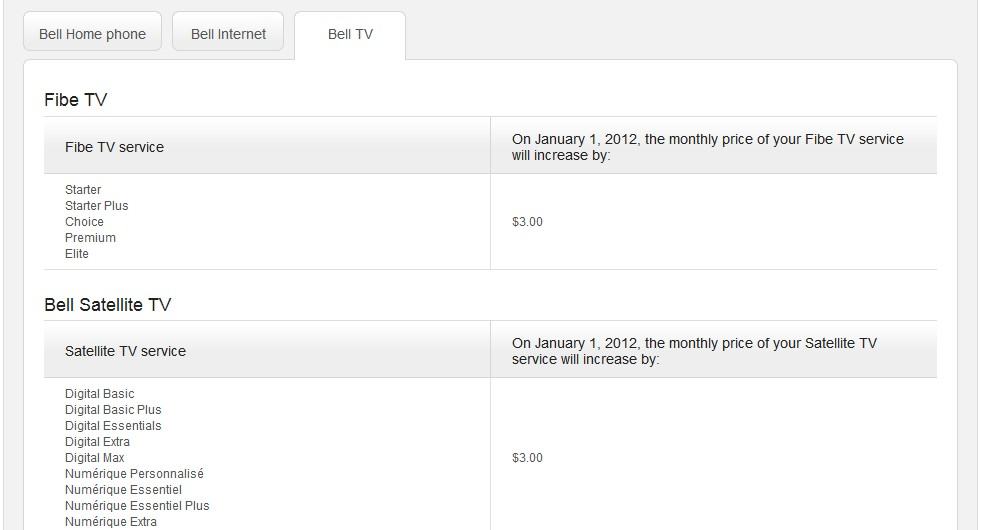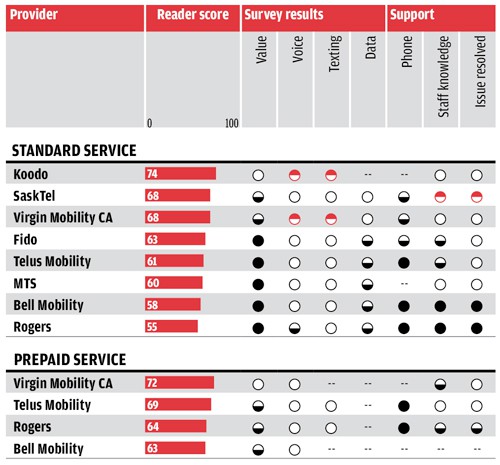 Regular Stop the Cap! reader Alex dropped us a note sharing the bad news: Bell Canada is hiking rates for virtually everything effective Jan. 1. Except Bell doesn’t call them rate increases. To the phone giant, they are “price updates.” They are also considerable, with sweeping rate increases for phone, Internet, and television. They are even hiking rates for individual phone calling features like three-way calling.
Regular Stop the Cap! reader Alex dropped us a note sharing the bad news: Bell Canada is hiking rates for virtually everything effective Jan. 1. Except Bell doesn’t call them rate increases. To the phone giant, they are “price updates.” They are also considerable, with sweeping rate increases for phone, Internet, and television. They are even hiking rates for individual phone calling features like three-way calling.
Bell reserves rate increases for its long-standing customers. Potential new customers served by Bell in eastern Canada, where the company is rolling out its fiber-to-the-neighborhood service Fibe (similar to AT&T U-verse), report offers as low as $19.95 a month for selected services during the first year. But prices increase dramatically when the promotion expires. By how much is detailed below:


 Prices listed are for customers in Ontario.
Prices listed are for customers in Ontario.
But Bell saves the worst for a footnote at the bottom of their Internet “price update.” They are tinkering with the company’s notorious Internet Overcharging scheme, raising the bar on their overlimit penalty. Customers who used to exceed their monthly broadband allowance originally faced a maximum penalty of $30. But Bell has been revisiting that “maximum overlimit fee” regularly. In 2010 the company raised the penalty cap to $60. On Jan. 1, Bell is raising the maximum by an additional $20 — to $80 a month. In our view, it is only a matter of time before the ceiling on overlimit fees is eliminated altogether, setting customers up for sky high bills.
Bell Fibe 25 customers with 25Mbps service will now pay $78.95 a month for Internet alone, and that plan comes with only 125GB of usage per month. Want to use more? You will have to buy Bell’s Usage Insurance in advance:
- $5/month for an extra 40GB
- $10/month for an extra 80GB
- $15/month for an extra 120GB
But that may not help you avoid at least one month of overlimit fees. Bell pro-rates customers adding Usage Insurance to their accounts, which means the first month’s extra allowance is limited by the number of days before your next billing cycle.
Bell’s prices for new customers are much lower, with Fibe 25 priced as low as $34.48 a month during the first year. The real bite arrives when the promotion expires, when the price more than doubles.


 Subscribe
Subscribe



